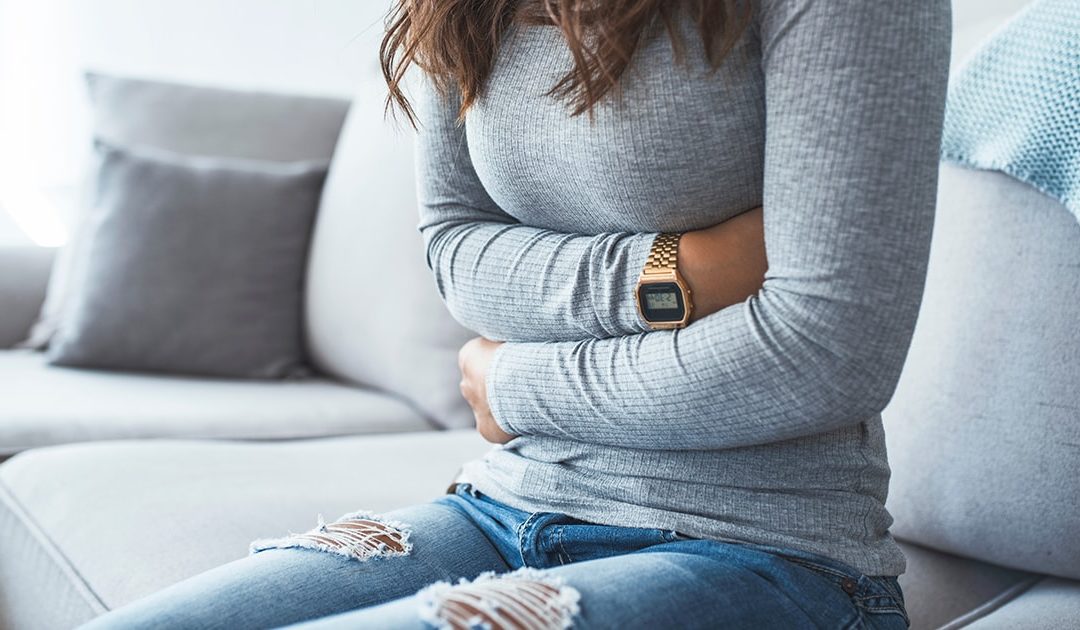Constipation
In this article, we cared to answer the most common questions about constipation. It starts with an introduction about constipation with a definition. Then, it starts giving clues about the usual questions that pop up in your head. It discussed the relationship between yeast infection and constipation. Next, it talks about the link between cancer and constipation. After that, it showed a correlation between dehydration and constipation.
Additionally, it revealed the great connection between constipation and heartburn. Afterward, it discusses the relationship between constipation and back pain. Finally, it revealed numerous connections between headache and constipation. We cared to supply you with studies for every question, leaving you with a conclusion and advice on how to avoid constipation.
Constipation is a condition of the digestive tract known as difficulty in bowel movements or difficulty in passing stools that can be persistent for many weeks or even longer.
Generally, constipation defined as having bowel movements less than three times a week.
It can be seen mostly among the affected cases, that the colon absorbs a lot of water from the food present in the colon; turning them into hard feces that are difficult to expel from the body. The hard fecal matter causes its slow movement through the digestive tract resulting in more water absorption along the way in the colon. As a result, the feces turn hard and dry resulting in pain while emptying the bowels.
Constipation affects a large number of people with its symptoms occurring occasionally. However, some people experience chronic constipation, which can have significant effects on their potential to perform their routine chores. By chronic, we mean anything that persists for a more prolonged period. It causes the affected people to strain excessively to get the bowel movement to do away with the fecal matter.
Chances of getting chronic constipation increase with age, for example, the geriatric population, especially is prone to this problem. According to a recent study published in 2019 by researchers in Turkey, the constipation prevalence among adults is 12 percent to 19 percent, while in old people, it goes over 30 percent. The treatment of chronic constipation, to a certain extent, depends on treating the underlying cause. Nonetheless, constipation causes never found in some cases.
Are Constipation and Yeast Infections Related?

Candida is a type of fungus, which is commonly present on your skin and on the mucous membranes, which are a moist lining covering the cavities in the body.
Familial candidiasis is a disease in which the person has an inherited tendency to grow infections in the body by the fungus, Candida. The individuals affected by it experience infections in the skin, nails, and mucous membranes. The pattern of these infections is recurrent and nonstop, which means, they can repeat again and again and stay for a long time. This pattern is sometimes referred to as chronic mucocutaneous candidiasis.
In most of the population, it is not hazardous to health. Certain medications like antibiotics, corticosteroids, and other factors can result in overgrowth of candida resulting in Candidiasis. When Candidiasis occurs in the mouth, it called thrush. All these episodes commonly referred to as yeast infections. They last only for a short duration till the time they got cleared by the body’s healthy immune system.
The majority of the population suffering from familial candidiasis have a chronic or recurrent yeast infection that starts in their early childhood. A study performed in Tehran in 2017, where the researchers reviewed the published literature on a four-year-old girl, who presented with familial candidiasis for chronic mucocutaneous candidiasis. She had a history of this disease with thrush and otomycosis since the age of 1. When it affects the skin, it produces symptoms of rash on the body. Also, when this rash affects the dermis, it can cause hair loss. Candidiasis affecting the nails can result in discolored, thick and cracked nails with redness and swelling of the skin that surrounds it. Candidiasis can also lead to gastrointestinal symptoms that include constipation, bloating, and diarrhea. Hence, yeast infections can result in digestive tract problems, including constipation.
Is Constipation a Sign of Cancer?

Cancer is the leading cause of death among many people these days. Some cancers types are affecting the alimentary region that shows constipation symptoms; however, we cannot generalize this symptom as the definite preliminary for the respective cancers.
To explain this, take an example of colon cancer that affects the final part of the digestive tract (large intestine), which is called the colon. It affects older age people but can occur at any age. It commonly starts as a small, benign (noncancerous) cluster of cells called polyps inside the colon. They develop with time into colon cancers. Polyps are quite small and initially produce few symptoms.
That is why it is recommended to go for regular screening tests; to prevent polyps from turning into colon cancer. Treatment is available, if colon cancer develops, which includes surgery, radiation therapy and, chemotherapy, etc. Its symptoms include a change in bowel movements, including constipation or diarrhea, rectal bleeding, persistent abdominal discomfort like cramps, pain, feeling that bowel doesn’t empty, weakness, fatigue, and weight loss.
A study performed:
in Milan, Italy in 2018, the study revealed that colorectal cancer’s overall incidence is decreasing in the last decade. Although, there is evidence of the growing frequency of early onset of colorectal cancer among young individuals in various countries.
Anal cancer is another type of cancer, which affects the end part of the gastrointestinal tract called the anus. This cancer caused by various risk factors but infection with human papillomavirus contributes to 79% of cases. This type of cancer is rare below the age of 35 years. The diagnosis is more common among the people with an average age of 60 years with women, at a little more risk than men. The most common signs and symptoms include rectal bleeding, changes in bowel movements including constipation, pain, and itching at the anus, fecal incontinence or problems in the bowel movements, and bloating. Usually, women experience lower back pain or vaginal dryness.
Are Constipation and Dehydration Related?

The human body comprises of 75% water. Its significance cannot be deniable because it is a critical requirement for the survival of human beings. Water is present inside the cells, in blood vessels, and in between the cells. A well-balanced water management system is vital for the body. Also, our thirst mechanism guides us when our body is not getting enough water, and we should increase our fluid intake.






